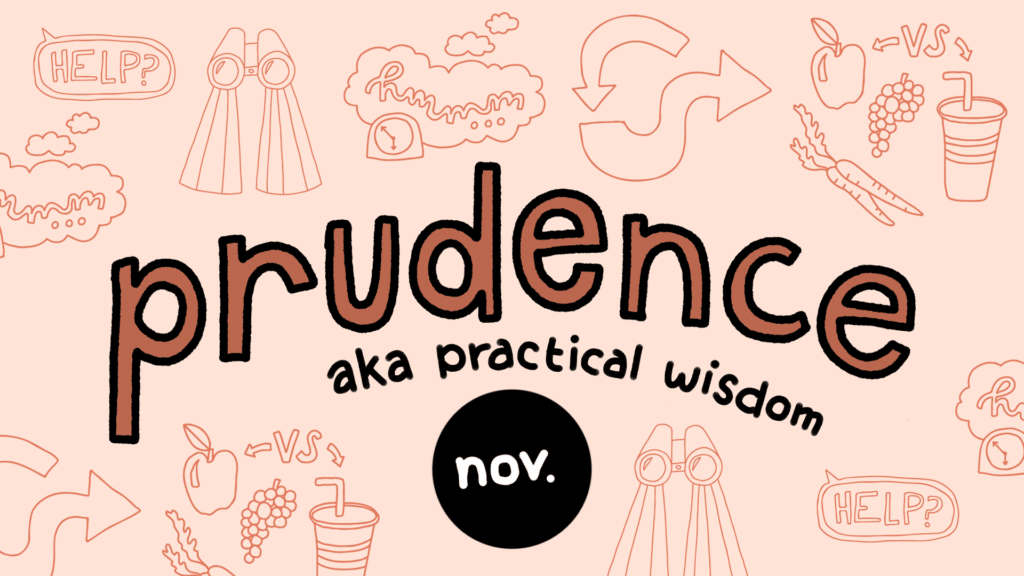
{photos from SLOCA’s Flickr site, unless otherwise noted}
Today Down Home is returning to our “Ten” theme again, partnering with our Visionary Director, Susie Theule, to bring you insightful tips from one of our past Parent Education Literature Series articles, entitled Creating a Classical Home.
Education doesn’t happen only during formal “school” hours. As parents, we have the opportunity to create what we call a “classical home” in order to provide the rich, fertile soil from which our children can grow. We don’t need to add any more work to our busy days to promote this growing environment – here are ten ways to help create an atmosphere in your home that is naturally conducive to forging character, fostering wisdom, and nurturing a lifelong passion for learning:
1. Turn off the TV.
Studies show that the content and amount of television watched actually dulls the mind (not to mention the morals). Turning off the tube creates space for classical activity – music, art, science, creative play, handiwork, nature. Although enjoyable, these activities also stimulate brain cells and encourage imagination, exploration, and skill development, not to mention exercise.
 2. Turn on the music! (photo, right, by Jill Talley, 2012)
2. Turn on the music! (photo, right, by Jill Talley, 2012)
Expose your children to classical music, not only classic rock. Let them hear medieval music, music from the Renaissance, jazz, rock and modern classical pieces. You will be surprised that with a bit of consistent exposure, your children will enjoy music you thought they might not.
3. Create an environment that engages the whole development of the child.
Education, classical or not, is of limited value when other aspects of children’s development are left unattended. Children not only need to be stimulated intellectually, but emotionally, physically, relationally and spiritually. Make sure to spend time just “being” with your children – playing ball, cooking, going to the beach, snuggling, reading, listening to and talking with them. While not solely “classical” per se, these activities are nonetheless educational and will create a rich soil from which classical education will be nourished.
4. Provide a home with structure and predictability.
Make sure your children know what to expect in your home. Children need some consistent structure to function at their highest levels in all areas of life, and this discipline on your part will allow classical education to take place effectively and enjoyably. Structure provides that there is ample time to finish school and chores, but also guarantees there will be time to rest, read, play, and be flexible when necessary. It teaches children to focus when it is time to focus and to eventually organize their own time. It will help our kids feel rested and ready to learn and will teach them respect as you follow through on your plans. You do not need structure all the time, but enough to provide emotional security for your children and margin to insure you can trash the structure part of time!
 5. Provide visuals.
5. Provide visuals.
Having visual reminders of classical education around your home is a wonderful way to keep educating “after hours.” Put up maps, artwork, and school projects. Have classic books (or Mother Goose!) in your kid’s field of vision, place picture books on art, history and science out on the coffee table; utilize the laminated learning-centered placemats during dinner. Hang up timelines and adverbs and clocks. These reminders will encourage our children to learn and will spark their curiosity – a wonderful trait for a classical student!
 6. Bring the outdoors in.
6. Bring the outdoors in.
Making a nature table, nature shelf or nature tray is one way to encourage an interest in the natural world. It allows children to take their time and interact with various natural elements. Plus, kids are notorious collectors – put that to good use by collecting their treasures from walks and outings in one spot. Young children are especially good at finding things such as rocks, leaves and branches. Be on the lookout for fallen nests, eggs and interesting flora and fauna. Try for items that can stand lots of handling by young hands. Add some books and a magnifying glass to aid identification and enjoy! (See this past blog post for more on bringing nature indoors.)
7. Provide opportunities for character development.
Consider opportunities in and out of school for your children to be stimulated not only intellectually, but in character growth as well. Virtue is central to classical education. Music lessons, sports, hobbies and clubs can spark the development of sportsmanship, perseverance, discipline, commitment, teamwork, charity, leadership, servant-hood and kindness. Find places for your children to learn about and develop good character. The opportunities are endless in this rich community, and as your child gets older, he or she can help choose the activities that are most interesting.
 8. READ with your kids!
8. READ with your kids!
Choose from the many classics (perhaps something from the Must Reads list on our website’s parent page) and make it a habit to sit down and read out loud to your children. Let them take a break from doing the reading and let them listen and enjoy the stories you have chosen. We are strong advocates of evening family reading, when the whole family gathers together to hear a great story read out loud. Some do it around a fire, some in a dark room with a flashlight, or out on a blanket at the end of a summer day. Snuggle together and read. It will not only educate your children, it will grow your relationship with them in wonderful ways.
9. Discuss books with your kids.
Even when you are reading for pleasure and not for school, follow the reading with a short discussion, share favorite passages, or give them an opportunity to narrate a portion of what they just heard.
10. Connect with your kids.
Finally, make sure, as you choose the ways to make your home classical, that you are connecting with your children. Converse with them all day long – not only about “subjects”, but also about them and you — family life, plans, dreams, ideas, beliefs and hopes. This will help our children learn to think and express themselves, but more importantly, it will help to provide them with the confidence they need to be themselves – classically educated and all – in a world which would like to tell them what to be and what to think.
Chances are you are already doing many of these things without realizing it, but if this feels overwhelming, start with one idea and slowly work toward the others. It is such a privilege to have time with our children, and we hope this resource gives you some focus and encouragement as you continue to guide and share in their learning experience.











